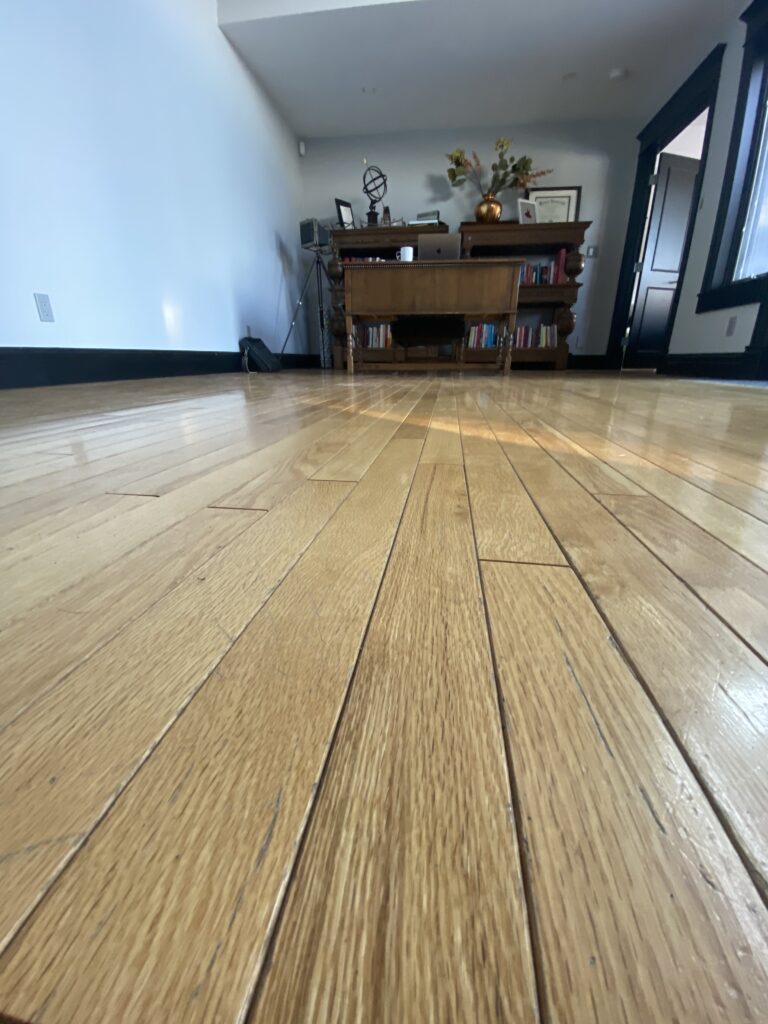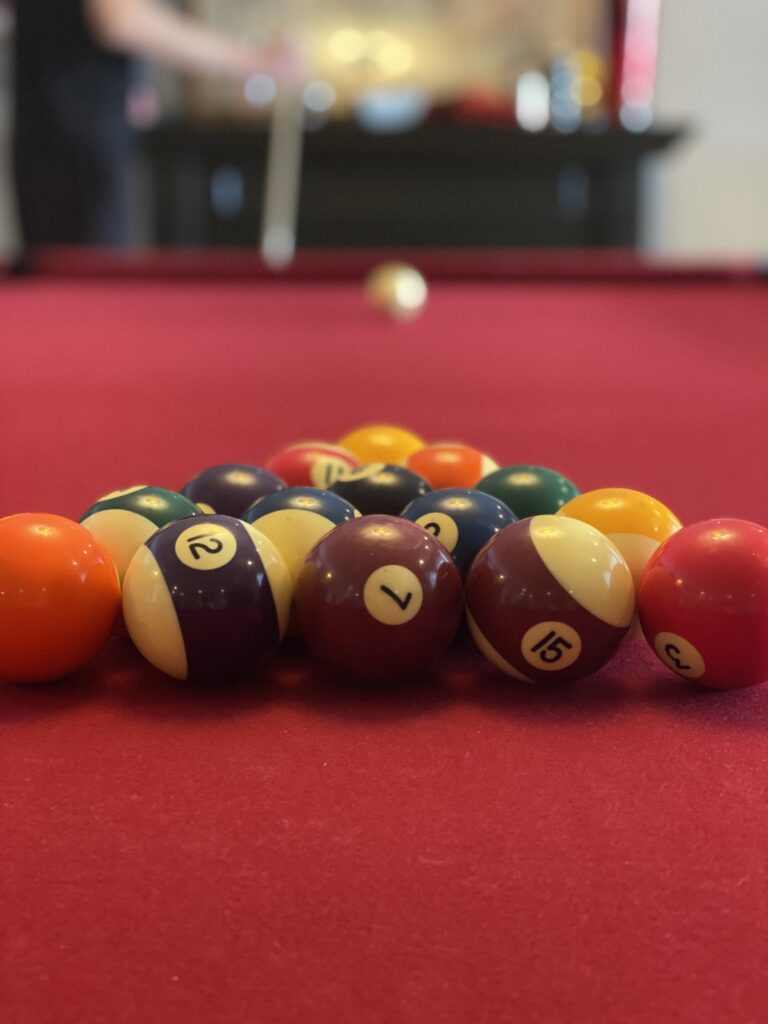As a team, we are continuing to provide support to clients and community members through what we will likely look back on as the ‘early days’ of the COVID-19 response. For many Albertans, COVID-19 started to feel very different around Friday the 13th, when imminent school closures and restrictions to our civil liberties became more palpable.
That was last week, and a lot has changed. Initially people expressed disbelief and panic about the outbreak, and as this is starting to lift many are experiencing more pronounced anxiety and depression.

GET OUTSIDE, Safely. In a typical day, your day to day life typically provided you with a variety of stimulus. This stimulus, whether a peculiar dog or a driver cutting you off in traffic, pulls your attention outward. In short it interrupts self-rumination and reminds you that there is much more to the world around you than you. Now our stimulus is narrowed and we are looking at the same people, the same walls, the same trees. This leads to chronic under stimulation, and it has a negative impact on our mental health. If you are working from home, try changing up the room you are working in when possible, and take breaks outside during the day. Remember that taking small steps to help yourself out will have a larger impact in the long run.

Staring at the same thing all day long adds to isolation and can build up our frustration.
Limit MEDIA, and check MEDIA SOURCE. Chronic exposure to COVID-19 news is another problem altogether. At a time when the variety of stimulus we face is narrowing, so is the breadth of news and conversation, meaning that COVID-19 overtakes our psyche. If you do not create a COVID-19 time out, then you lose the opportunity to process information and to think about things that are positive or hopeful for you. Make sure that you check ONLY reputable sources such as the World Health Organization, Center for Disease control, and your government site, but don’t check it all day long. Instead, set a schedule for checking once a day if possible, debrief it with someone, and then move on as much as you can. It is important to be aware of what COVID-19 means for the area you live, but you do not need moment to moment updates. They are not helpful. Please, check in with loved ones about COVID-19, but put a limit to it. It is important to have non-COVID-19 conversations.
LOOK AT WHAT YOU CAN DO. This includes COVID-19 planning as a family. What will childcare look like in the event of illness, how will you manage grocery shopping, what do you need to make physical distancing even the slightest bit better, what are the expectations on the kids at this time etc.? This also includes what you can do today to help you cope with the strain? I find that video calls, getting outside, and non-media activity with my family helpful because it looks more similar to my normal life than the day to day of working and having school from home.

GIVE YOURSELF A BREAK. It is completely normal to be irritable, less motivated, and frustrated through this time. Even loving relationships may experience strain, and loving people may be cranky. Set the expectation that you may have more squabbles, or small things may feel more important than they would otherwise. When you find yourself in a frustration spiral or bickering with a family member, just call it and ask for a minute. Make a plan that your family will give each other some slack, and lots of chances to re-do a conversation or a moment. You don’t have to debrief every small squabble, if you see it for what it is.
We are here and will be posting social media and blog content to help individuals and families at this time. Many service providers, including our team, are offering phone and FaceTime Support, so please reach out. Also, there are no-fee crisis services to help you through this time. We are in this together.
Distress Centre (free 24/7 crisis line)
403-266-HELP (4357) TTY (for the hearing impaired) 403-543-1967
Kids Help Phone: 1-800-668-6868
